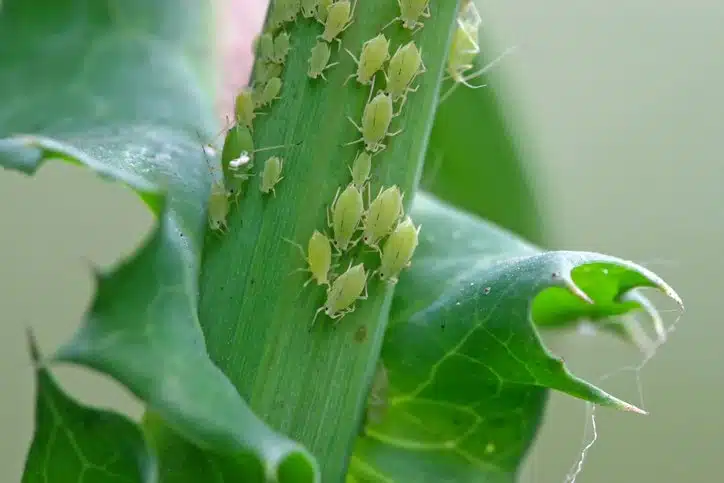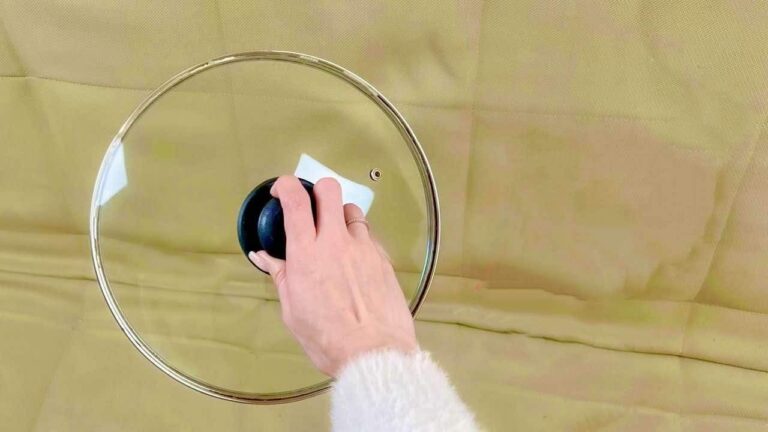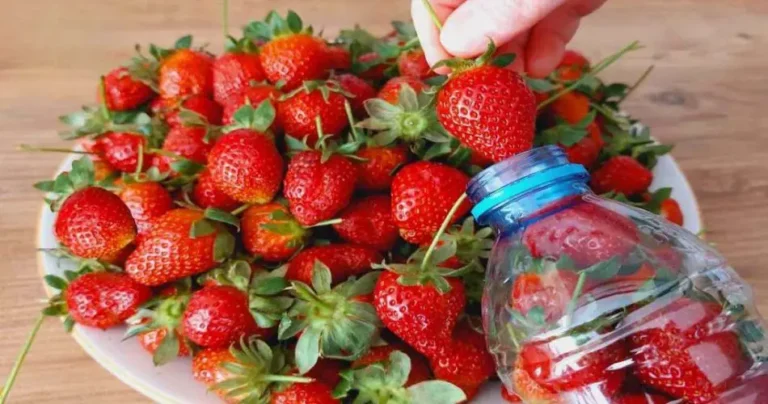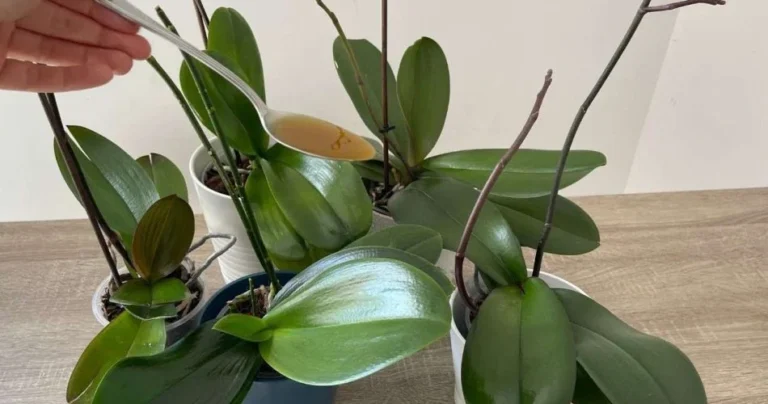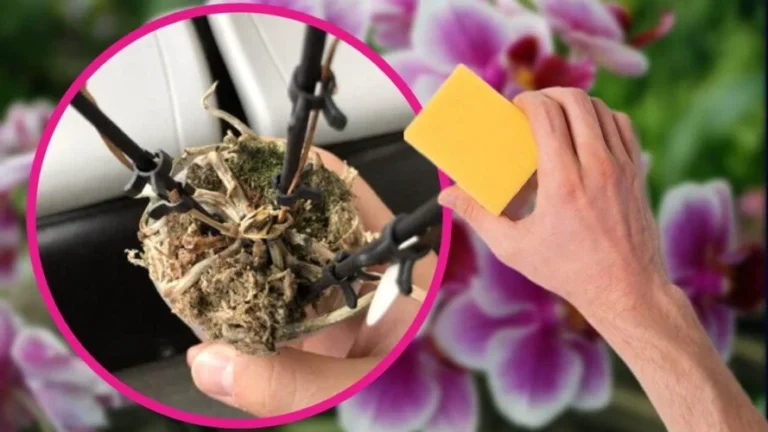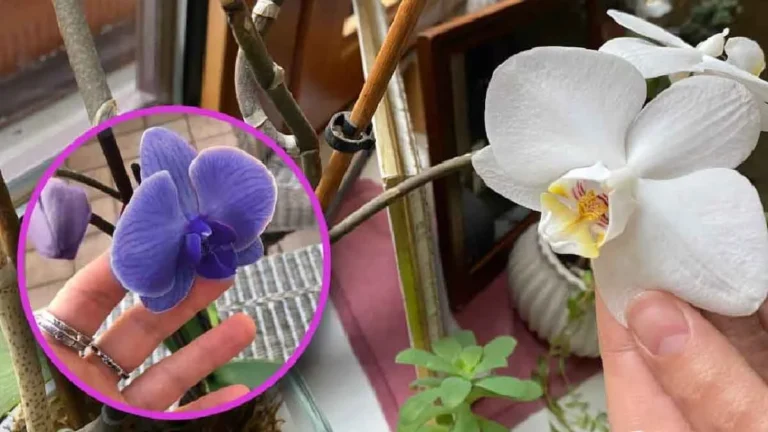4 100% natural recipes for sprays against aphids
on plantations. So discover these 4 aphid spray recipes that will make gardening enthusiasts regret chemical pesticides in the blink of an eye. Forget about expensive insecticides, which are dangerous for biodiversity!
1) Anti-aphid garlic spray
Garlic has many virtues and, although it is appreciated above all for its benefits for human health, it is also particularly appreciated by those who work in the garden. Garlic is an exceptional insect and pest repellent. To keep aphids away, macerate 100 g of crushed garlic cloves in 4 liters of water for 24 hours. The next day, boil the macerated mixture for 20 minutes. This results in a decoction which, once cooled, can be sprayed on the infested plants. But make sure you do it on a day when it’s not raining!
2) Onions, as effective as their cousin
This time we stay in the pantry with the onion! Chop 100 g and boil it for 30 minutes in 8 liters of water. Let it cool and spray the pure mixture on the plants. Make sure you use the mixture the same day you cook it, because it doesn’t keep for long. If, however, you have not managed to use everything related to aphids, know that onions can also be used against some diseases feared by gardeners, especially those related to fungi.Credits: iStock
3) Nettles, a good repellent for aphids!
Very popular in the garden, nettles can also be used to prepare a mixture to eliminate aphids. To do this, wear the best gloves and collect about 1 kg of nettle leaves, favoring the stems without flowers . After this long collection, you will have done the bulk of the work! All you have to do is leave it to macerate in 10 liters of water for 24 hours. The macerate obtained can be used pure on infected plants. You can also prepare a more concentrated nettle purine by macerating 1 kg of nettle leaves in 8 liters of water for 2 to 3 weeks. You can therefore mix 1 dose of this preparation with 7 doses of water before spraying the plants.
4) Dandelion
What if we stopped thinking badly of these weeds, which are only bad in name? They can actually be very useful. Dandelion, for example, is widely used in traditional medicine, but its use in the garden remains best known for its disinfectant properties. Using them is simple: steep 400 g of dandelion leaves in 10 liters of water for at least 3 hours before carefully spraying under the leaves.
To eliminate aphids you can also think of resorting to biological control, adopting some colonies of ladybugs, hoverflies, blackwings or praying mantises. Alternatively, classic black soap or anti-aphid essential oils can also work miracles! The important thing is to act as quickly as possible when you notice the invasion. This will limit damage to your plants and ensure unwanted pests are eliminated more effectively.
